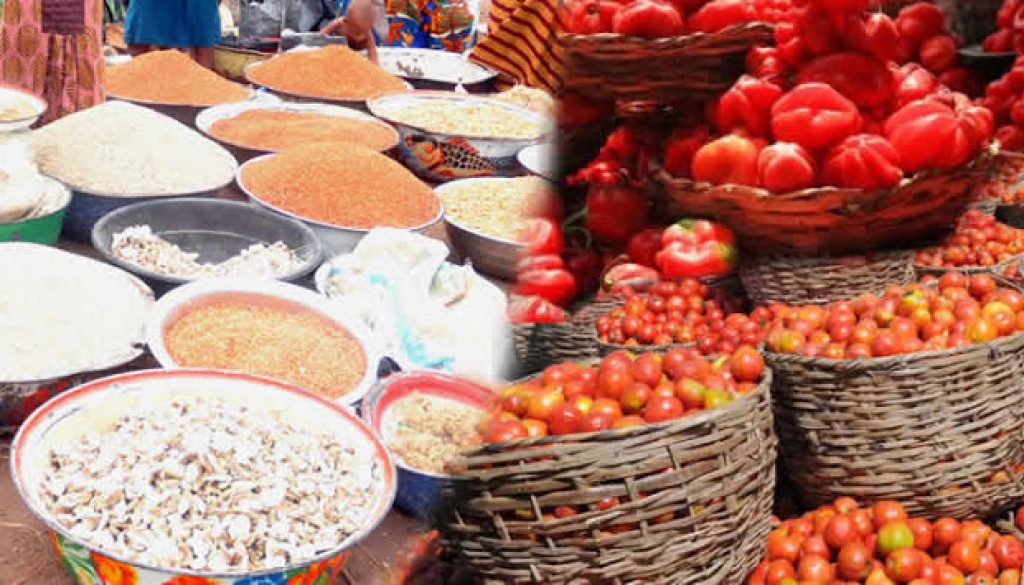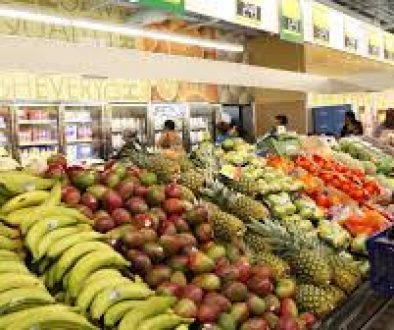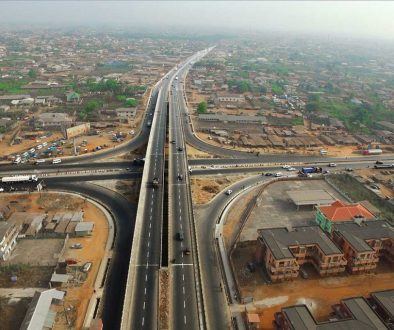Lagos promises 40% food self-sufficiency
Lagos, Jan 19, 2024: The Lagos State Government says it is committed to implement the five-year Agricultural and Food Systems Roadmap to achieve 40 per cent food self-sufficiency by 2025.
Ms Abisola Olusanya, the State Commissioner for Agriculture, stated this at the Lagos Food Systems Stakeholders’ Breakfast Meeting, on Thursday in Lagos.
The five-year Agricultural Food Systems Roadmap was launched in 2021 by Gov. Babajide Sanwo-Olu.
Olusanya said the state government would provide funds for agric service providers, improved rice paddy production and land bank collaboration with sister states.
“We will go live on eight projects which include, Central Logistics Hub, Lagos Aquaculture Centre of Excellence (LACE), capacity building for horticulture stakeholders, full operations and capacity building for stakeholders in the Lagos Food Production Centres.
“Others are execution of state-wide intervention and Green Wall Initiative,” she said.
Olusanya listed others as the establishment of Agricultural Value Chains Entreprise Activation Programme, Agri-thon, Lagos Cares, Lagos Entrepreneurship Programme and the Lagos Agric Scholars Programme.
“The state government will also create the Lagos Agrinnovation Clusters, the Food Value Chains’ Destination, the Lagos Central Food Security System and Logistics Hub and the Middle Level Agro Product Hub.”
Olusanya said part of the roadmap was to increase production of rice paddy in order to meet with the growing rice consumption of the state.
The commissioner said the state government would increase the production of rice paddy by partnering with other sister states such as Niger and Kebbi states on land bank collaboration.
Olusanya listed the projects to be undertaken by the state government to include Lagos Rice Mill, the Central Logistics Hub, – the Red Meat Initiative, Lagos Feedlot System and Butchers’ Academy among others.
The commissioner said the ministry would set up the Lagos feedlot system, establishment of Butchers’ Academy, creation of Last mile meat Shop.
Olusanya said the purpose of the meeting was to intimate the stakeholders on the ministry’s activities for the year 2024 and also get their contributions.
Also speaking, the Special Adviser to the governor on Agriculture, Dr Oluwarotimi Fashola, said the state government would require N50 billion to produce 100,000 tonnes of rice paddy in 2024.
Fashola said the Imota Rice Mill was able to produce 15,000 tonnes of rice paddy in 2023.
“We started off with about 5,000 tonnes of paddy and with the genuity of the team we were able to partner with the Commodity and Exchange Board that brought another close to 10,000 paddy for us to end the year.
“We were able to do roughly about 15,000 tonnes of paddy which is over 120,000 bags of rice in 2023, but this year we are hoping to do 100,000 tonnes of paddy.
“Believe me, that is not cheap because last year we started about N200,000 per ton but today as I speak, the cost of paddy is about N510,000 per ton.
“In other words, if we are going to do 100,000 tonnes per paddy we will need N50 billion,” he said.
Fashola said the state government was currently in talks with Niger and Kebbi states to give them farmers on a large scale that it could buy paddy from at reasonable costs.
Also, Mr Emmanuel Olotu, Chairman, Lagos State House of Assembly Committee on Agriculture, urged stakeholders in the agric space to improve agricultural production in 2024.
Olotu commended the Ministry of Agriculture for its contributions in heading the programme to allow them to collectively share the goal and projects for the year 2024.
He said: “Our share goal should be the development of resilient and efficient that can benefit our farmers and customers, and improve on the agricultural plan agenda.
“Lagos State through the Ministry of Agriculture is to create agro stakeholders in order to leverage on the developmental agenda of the state.”
Olotu said as agro stakeholders their role was pivotal by maximising the ground work led by the ministry.
He urged stakeholders to collectively shape the food system by offering a full support to unlock the full potential of food system and contribute to the development of agriculture in state.
The state’s Head of Civil Service, Mr Olabode Agoro, said the state government was bringing back operation feed the nation by allowing the civil servants to participate in the agricultural sector.
Agoro said his mother, a retired civil servant, was also into agriculture produce, urging the civil servants in the state to engage in the agriculture.
In his remarks, Mr Mosopefolu George, the State Commissioner for Economy, Planning and Budget, said the state government has already increased its budget on agriculture.
George attributed the increase to the importance of food chain and agriculture system to the state.
He noted that the ministry had been doing well in the area of rice mills, food and logistics hub just to mention a few.





